Preparing Students for Successful Careers in the Emerging Economy
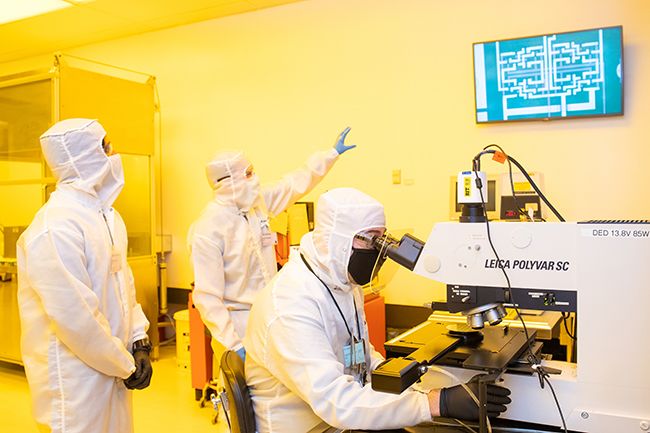
“Let’s challenge the status quo of how we encourage young people to evaluate academic programs.”
- Ian Mortimer, VP Enrollment Management & Associate Provost for Adult & Online Ed, VP Enrollment Management
Planning for the Future
Take a moment and think back to your teenage mindset leading up to college.
What did you want to do? What was your plan? Who did you want to be? An engineer? An artist? An accountant?
You picked one and the rest is history. Today’s students ask themselves the same questions.
Their answer?
“Yes.”
What is the New Economy?
“There’s a need for all of us to evolve our understanding of what’s going on in the employment market and the world and then push students toward those degrees and careers. – Ian Mortimer
The term “New Economy,” from the RIT perspective, seeks to describe the effect that factors such as the internet, technology, market need, social justice, and the recent COVID-19 pandemic have had on business and will continue to have going forward. There’s an opportunity to guide students in a direction that’s ideally suited to their future goals.
With the pedal-to-the-floor acceleration of tech, the continued development of AI, and the endless thirst for innovation, the need for graduates who have been immersed in a discipline-diverse learning environment has never been greater.
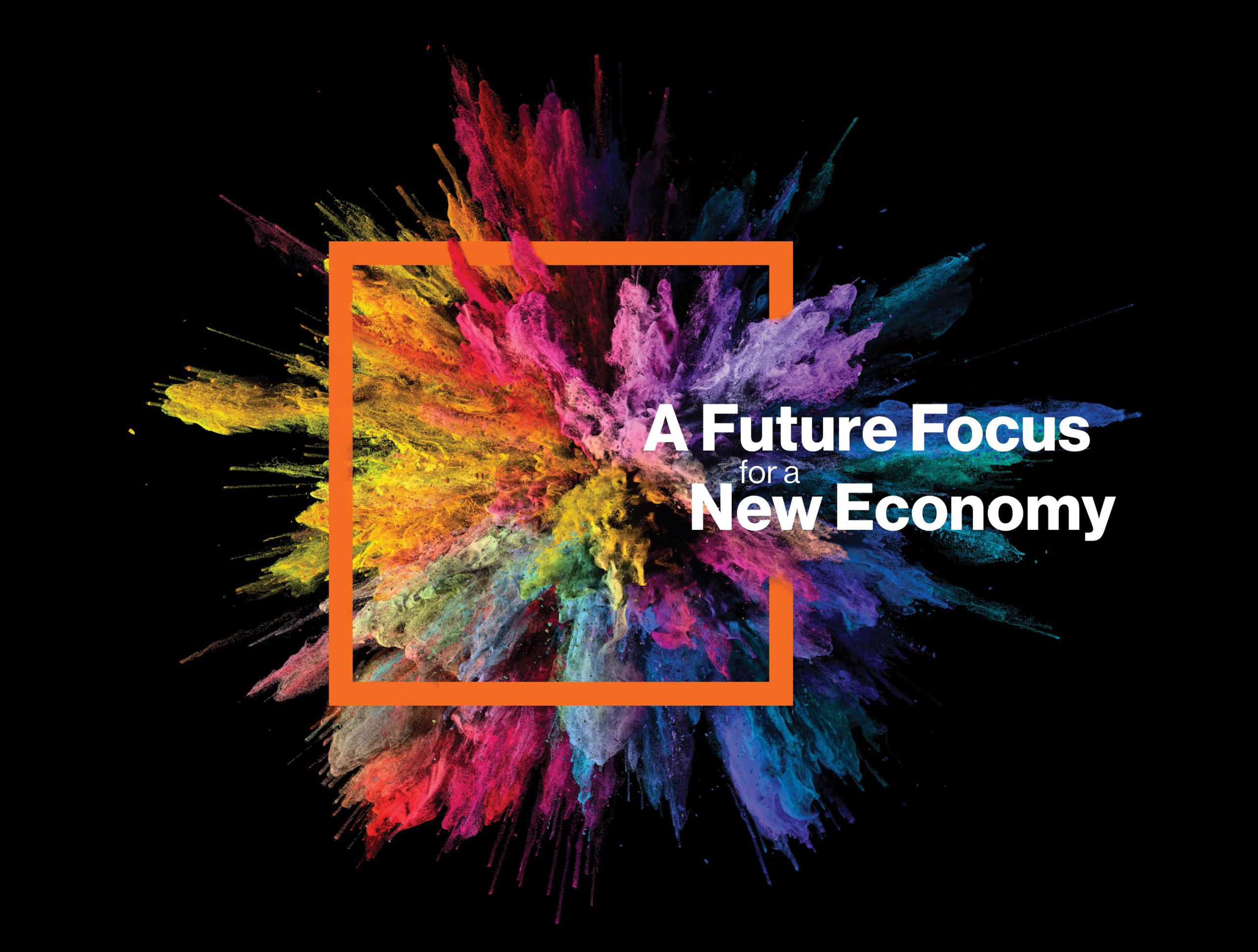
According to the World Economic Forum’s “The Future of Jobs Report” released in October 2020, analytical thinking, complex problem solving, creativity, resiliency, and flexibility are among the top skills needed for emerging careers by 2025.
Eighty-five million jobs are expected to be lost to factors such as automation in the next five years, according to the World Economic Forum. The report warns that inequality is likely to increase unless workers can be “reskilled” to enter new professions. Yet with the right moves, the robot revolution has the potential to create 97 million new jobs.
This is where RIT’s ability to anticipate future careers and educate the students who will fill those roles comes into play.
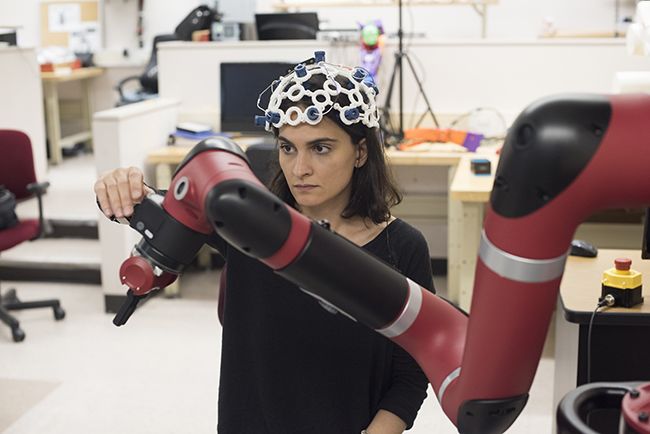
What are New Economy Majors?
“Graduates need to have the skills to stay continuously relevant and have the flexibility, adaptability, and knowledge that allows them to move in any direction their field requires.” – Ian Mortimer
RIT has always been a destination for those looking to combine seemingly unrelated interests. We’ve established our place at the intersection of technology the arts, and design.
Traditional majors tend to dominate the conversation leading up to college, and that’s to be expected. While those disciplines remain viable, it’s also necessary for RIT to think differently, both about the marketplace of the future and the interests, needs, and abilities of a new generation of students.
Unlike many of the so-called “traditional majors” available in higher ed, RIT’s approach is to create something in the middle that balances the idea of focus with the advantage of flexibility.
New Economy Majors are an acknowledgment that education needs to go in novel directions, not only to stay relevant and to deliver on its promise to students that they will graduate into a career but to take advantage of what RIT does best: innovate.
Currently, New Economy Majors occupy a unique area, somewhere between classic majors and those traditionally described as specialized. Take a program like Packaging Science. It combines elements of engineering, business, and design. Then there’s Imaging Science, which combines physics, math, computer science, and engineering. The Environmental Sustainability, Health and Safety program is a blend of basic sciences; applied environmental, health and safety science and technology; sustainability and social responsibility; and the basic tools of team building such as effective communication and leadership.
Our students enter with liberal arts in mind and graduate with Digital Humanities as a degree.
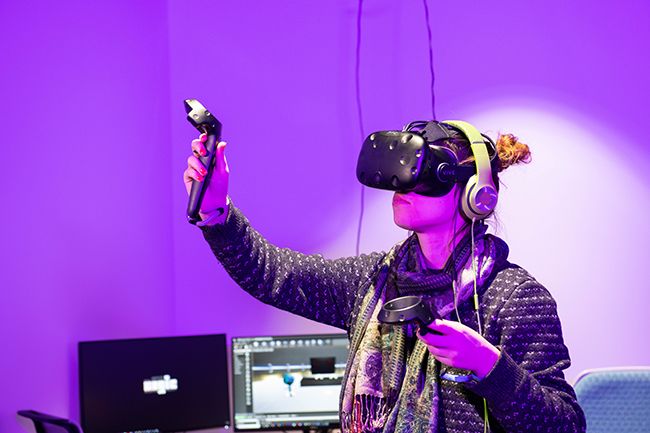
Multiple Interests, One Distinct Degree
“Why aren’t students thinking differently about what they study? I think the answer is because we haven’t helped them do it.” – Ian Mortimer
The modern workplace is multidisciplinary. The emerging one, even more so.
Gen Z is willing to embrace interdisciplinary ways of thinking and working. They don’t want to be pigeonholed. They don’t want to be narrowly defined. They want to change the world.
As a place where interests coalesce and disciplines collide, RIT has been anticipating and responding to emerging needs since its founding. New Economy Majors combine dynamic areas of study and break down traditional barriers. In doing so, they open students up to a whole new world of possibilities.
Outstanding Outcomes
New Economy Majors have a collective outcomes rate of 94%. Companies that actively recruit and employ our graduates have made it clear there’s a high demand for individuals with these skill sets. Because New Economy Majors are designed with flexibility and specific industries in mind, students often graduate directly into dynamic careers.
These degrees have a high internal transfer rate. RIT students enter into their academic careers with an initial set of interests and expectations. As they are exposed to learning, discovery, and experience, those interests are refined. Students with multiple interests find that there are existing degree programs that allow them to combine their pursuits. Once they are aware of these programs, they make the leap.
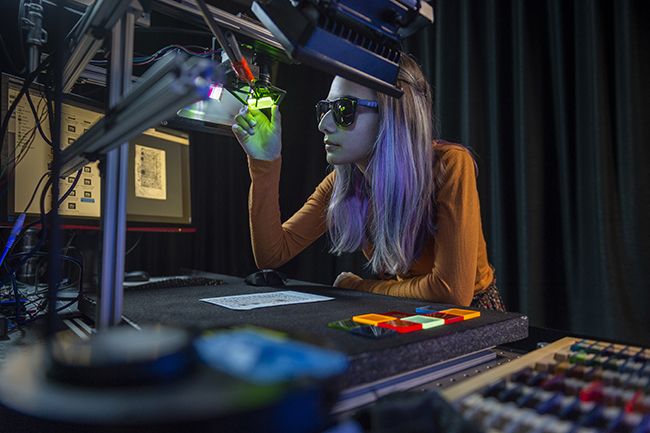
We’re Always on to Something Different.
New Economy Majors illustrate RIT’s relevance, evolution, and connectedness to what students are looking for, and what jobs they are seeking.
Anticipating these rapid changes in the workplace—further accelerated by lessons learned from the COVID-19 pandemic—we must seize on the opportunity to guide students to “new economy majors” that are multidisciplinary, transformative, and future-proof.
“The World Economic Forum recommends—and RIT endorses—that we must continue to rethink our educational systems, so that we are building a broad, multidisciplinary skill set where creativity is exercised at every turn." - RIT President Dave Munson
“As a starting point, each student should choose a discipline for which they have a passion. And then, no matter which discipline is selected, the student should learn about and gain experience in critical thinking, problem-solving, creativity, innovation, collaboration, communication, and other high-level skills highlighted by organizations such as the World Economic Forum.”
Perhaps it’s because RIT’s long history with tech has permeated virtually every aspect of its character that, unlike so many other schools that put all their energy and effort into their students’ launch after graduation, RIT considers their landing.
This content was paid for and created by the Rochester Institute of Technology. The editorial staff of The Chronicle had no role in its preparation. Find out more about paid content.



